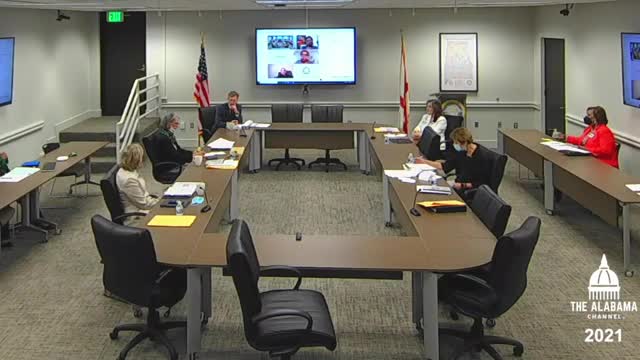Board and department outline next steps on textbook committee and possible legislative changes
Get AI-powered insights, summaries, and transcripts
Subscribe
Summary
Board members discussed a pending bill that would change textbook selection timelines and rubric publication; staff said the textbook committees were appointed in November, the department will bring committee chairs and process discussion to next month's work session, and the literacy task force will run a parallel vetting for early reading mater
Board members and department staff discussed the ongoing textbook adoption process for the newly approved courses of study, a pending legislative bill that would change parts of the process and a department plan to engage textbook committee chairs earlier in deliberations.
Donald Mackey said a bill on textbook process changes has favorable movement in the senate (reported from committee on a 7–1 vote) and described options staff and legislators are discussing to separate some provisions that were creating confusion (for example, the section on “other instructional materials”). Mackey emphasized the bill is still proposed legislation and not final.
Regardless of pending legislation, Mackey told board members the department intends to bring textbook committee chairs or representatives into a board work session next month to “start at the very beginning” and to let board members raise concerns and inform committee deliberations earlier in the process rather than wait until committee recommendations arrive near the end of the cycle. He said that the committee members were approved by the board in November and would not be replaced mid‑cycle.
Board members also discussed the literacy task force’s plan to run a subcommittee to vet early‑grade reading materials and to issue recommendations before the textbook committee completes its work. Mackey and staff said they will issue an RFP for a literacy review and aim for that vetting to be complete in time to inform district purchases and the textbook committee’s review. Several members urged that any rubric used in vetting be publicly available and that the board itself be invited to present a formal position to the legislature if requested.
Why it matters: the board’s role in textbook approval, transparency of rubrics, and timing of committee engagement affects how districts interpret new courses of study, how publishers submit materials and whether districts proceed to buy materials using federal ESSER funds while the official adoption process continues.
